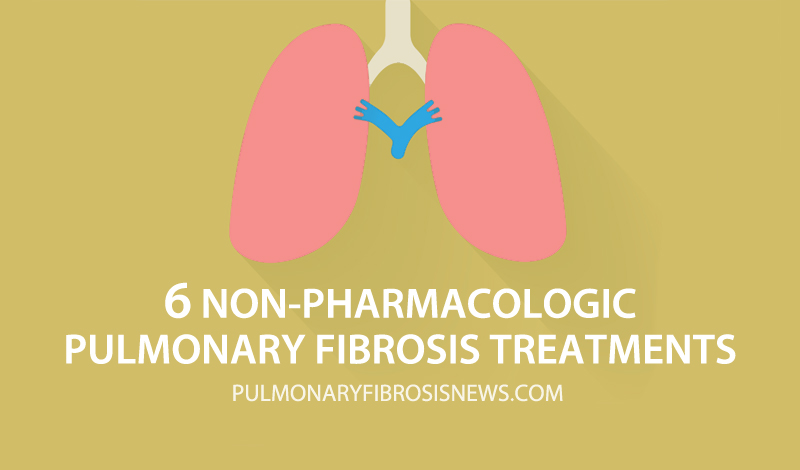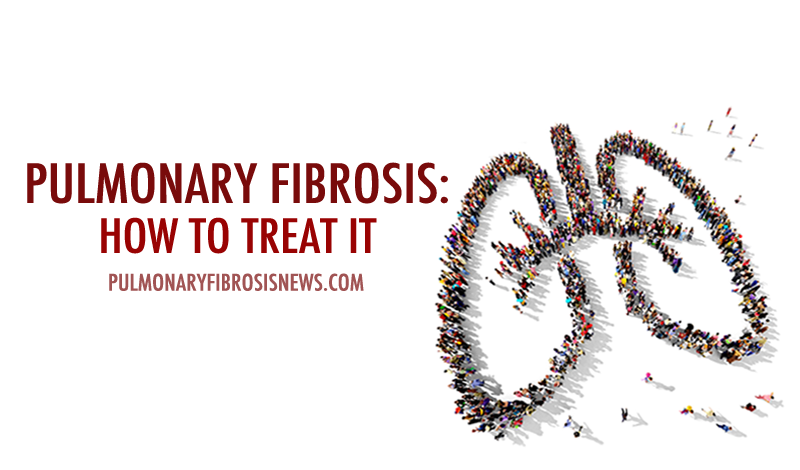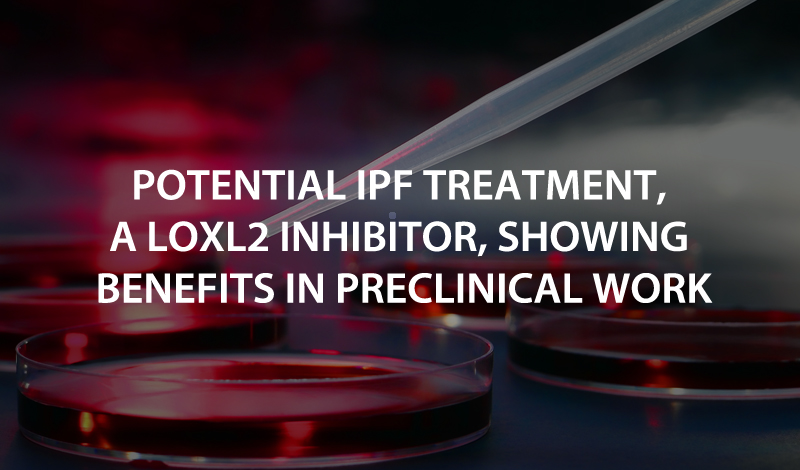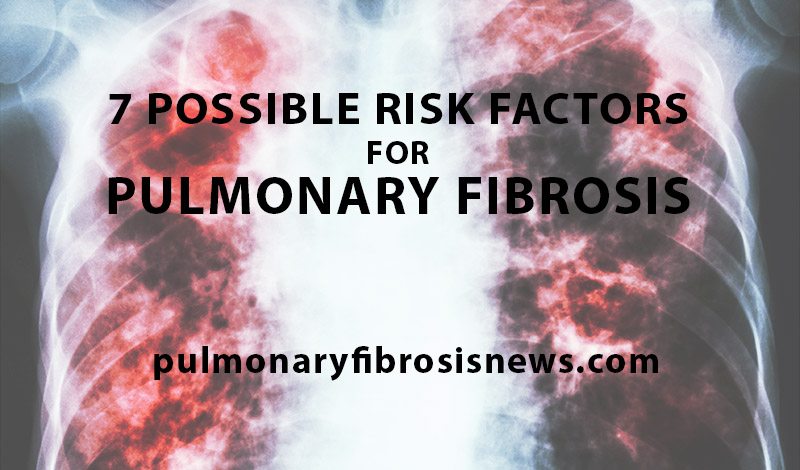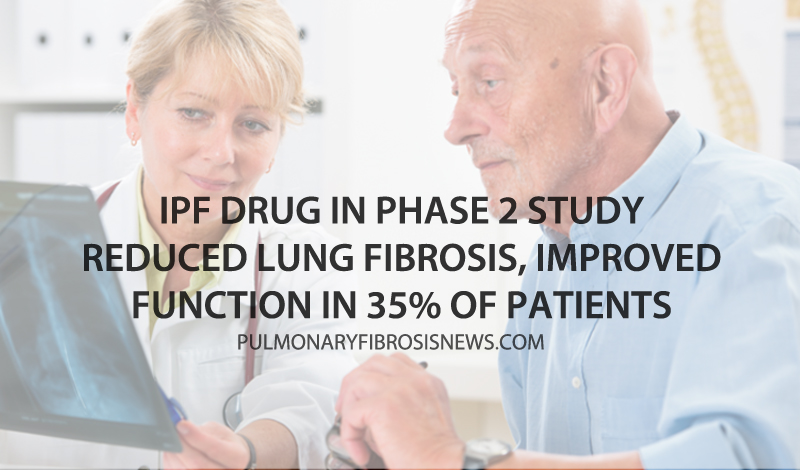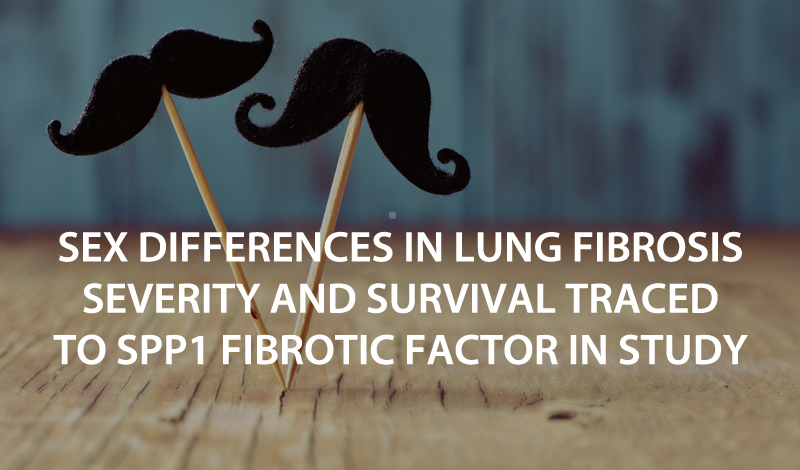7 Pulmonary Fibrosis Headlines
Written by |
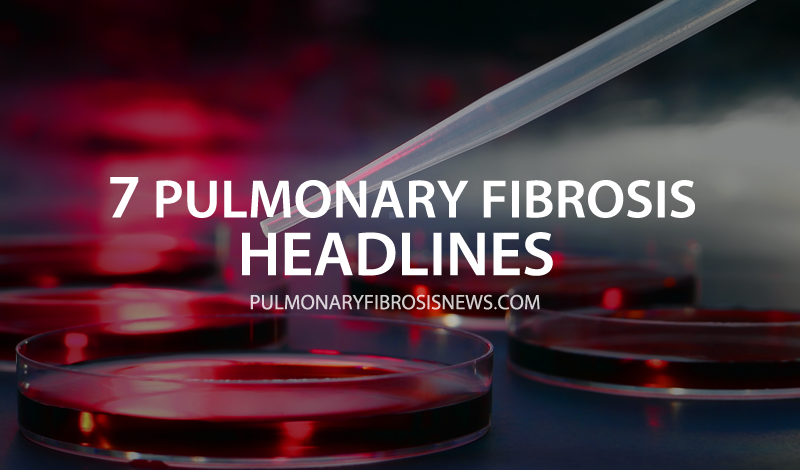
1. 6 Non-Pharmacological Pulmonary Fibrosis Treatments
According to PulmonaryFibrosis.org, there are several types of treatment options to help you with your pulmonary fibrosis. In this article, we’re focusing on bringing you non-pharmacological pulmonary fibrosis treatments.
Read more about it: https://bit.ly/1SgrR74
2. How to Treat Pulmonary Fibrosis
There is currently no cure for pulmonary fibrosis and patients often face a prognosis of three to five years after diagnosis. However, medication and other treatment options can help improve patients’ quality of life.
Read more about it: https://bit.ly/1VpIAtz
3. Potential IPF Treatment, a LOXL2 Inhibitor, Showing Benefits in Preclinical Work
Synairgen, plc, recently reported positive data from its ongoing work, in partnership with Pharmaxis, to develop a lysyl oxidase-type 2 enzyme (LOXL2) inhibitor as a new treatment for idiopathic pulmonary fibrosis (IPF). The results were derived from experiments in an in vitro model of IPF, using patients’ lung cells, conducted in association with researchers at the University of Southampton, United Kingdom.
Read more about it: https://bit.ly/1SgAzCg
4. Restarting IPF Treatment OFEV After Disease Exacerbation Might Be Safe, Case Study Suggests
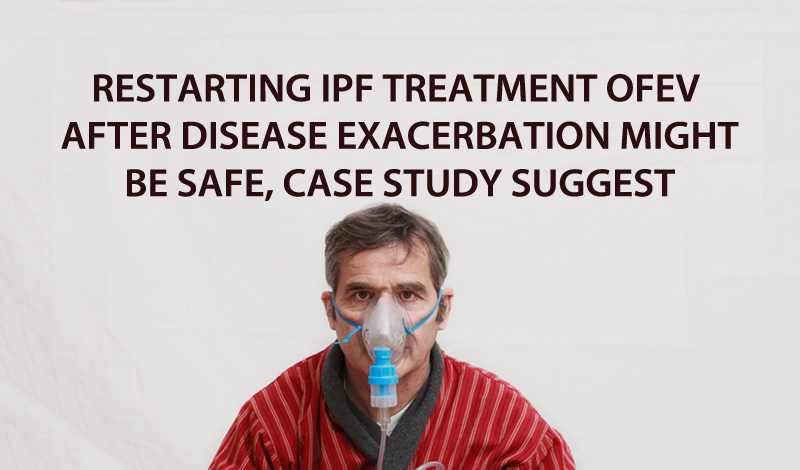 Nintedanib (marketed as OFEV by Boehringer Ingelheim) has shown very good results in clinical trials in patients with idiopathic pulmonary fibrosis (IPF). Nevertheless, some patients still experience disease exacerbation when treated with the drug. A case study described the successful reinstallation of the drug after an exacerbation — raising hopes that disease worsening does not necessarily lead to treatment discontinuation.
Nintedanib (marketed as OFEV by Boehringer Ingelheim) has shown very good results in clinical trials in patients with idiopathic pulmonary fibrosis (IPF). Nevertheless, some patients still experience disease exacerbation when treated with the drug. A case study described the successful reinstallation of the drug after an exacerbation — raising hopes that disease worsening does not necessarily lead to treatment discontinuation.
Read more about it: https://bit.ly/1MZFG8e
5. 7 Possible Risk Factors for Pulmonary Fibrosis
In this article, learn more about seven possible risk factors for pulmonary fibrosis.
Read more about it: https://bit.ly/1SgttO3
6. IPF Drug in Phase 2 Study Reduced Lung Fibrosis, Improved Function in 35% of Patients
FibroGen, Inc., recently disclosed potentially groundbreaking results from a Phase 2 clinical trial evaluating the efficacy of the company’s investigational drug FG-3019 in the treatment of idiopathic pulmonary fibrosis (IPF). Data indicated that the monoclonal antibody agent was able to reduce lung fibrosis in a portion of the IPF patients enrolled, to improve overall lung function.
Read more about it: https://bit.ly/1QXvDWm
7. Sex Differences in Lung Fibrosis Severity and Survival Traced to SPP1 Fibrotic Factor in Study
Men have higher rates of pulmonary fibrosis than women and tend to have a poorer survival. A study showed that mice exposed to silica, a known lung fibrosis trigger, have some sex-specific differences in their expression of the fibrotic factor SPP1, indicating that female sex hormones might alter molecular characteristics of the disease.
Read more about it: https://bit.ly/1SwCaXg
